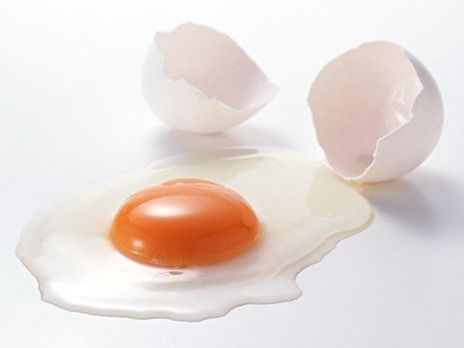The growth and development of the baby is started from feeding. The ability of the premature baby to be poor in all aspects is worse than that of the normal baby. It is easy for the baby to have insufficient energy and it is more necessary for the parents to feed patiently.
Breastfeeding
Premature babies must restore normal growth and development. They must supplement enough nutrients. The physiological function of preterm babies is not very well developed. It is necessary to do everything possible to use breastfeeding. Breast milk contains a wealth of lactalbumin, in which amino acids can promote baby growth, and breast milk contains a variety of antibodies, which are more valuable for premature baby health. Premature babies who are breastfed are less likely to develop indigestion diarrhea and other infections, and their weight will gradually increase. Premature babies with insufficient breast milk and low body weight need iron-fortified formula feeding, and formulas should also include calcium, phosphorus, sodium and vitamins.
After sucking and feeding
The demand for nutrients in preterm babies is higher than that of normal babies, but the physiological characteristics of preterm babies restrict their absorption of nutrients. Premature babies have poor sucking ability and are insensitive to swallowing reflexes. Too much or too fast feeding is very easy to cause sucking milk. For babies who are unable to suck or suck weakly, the mother must use the breast pump to suck the milk on time and then suck it out. The milk is fed to the baby again.
Eat small meals
Premature babies have smaller stomach capacity, and the digestive function of the gastrointestinal tract is not perfect. Excessive intake of milk may cause overflow of the stomach and severe indigestion and diarrhea. Eating less meals can effectively regulate the contradiction between your baby's physiological characteristics and nutritional needs. When the new mother feeds her baby, the interval time can be shortened, and the amount of milk can gradually increase from less to more, allowing the baby's fragile digestive system plenty of time to self-adjust.
Reasonably add food supplement
Premature babies plus complementary foods need to refer to the degree of physiological development, that is, the number of months after birth minus the number of months of preterm birth.
For example: Your baby is now 6 months old, but originally born two months earlier, his developmental age should be 4 months (six minus two). It indicates that the body's functional maturity in the body is equivalent to that of a normal full-term baby for 4 months. Therefore, the diet is roughly the same. Normal full-term baby is also starting to add supplementary food after three or four months.
After 4 months of full-term baby, you can use egg yolk to make baby food supplement. The amount of iron stored in the newborn baby is mainly from the mother, and the quantity is also very limited, and it is only enough for hematopoiesis in the four to five months after birth. Premature babies and multiple babies get less iron from their mothers. The smaller the gestational age and the greater the number of fetuses, the lower the iron content in the body.

Vitamins are a type of trace organic substances that humans and animals must obtain from food in order to maintain normal physiological functions. In terms of physiological functions, vitamins are neither a raw material for tissues nor a substance for supplying energy, but they are an indispensable substance for the body. It has many types and different chemical structures. Most of them are the components of the coenzyme (or prosthetic group) of certain enzymes. They are the indispensable compounds for maintaining the normal growth (growth, health, reproduction and production function) of the body. It plays a catalytic role in the body to promote the synthesis and degradation of major nutrients (proteins, fats, carbohydrates, etc.), thereby controlling metabolism. Vitamins are essentially low-molecular organic compounds. They cannot be synthesized in the body, or the amount synthesized is difficult to meet the needs of the body, so they must be supplied from the outside. The daily requirement of vitamins is very small (usually measured in milligrams or micrograms). They are neither a raw material for body tissues nor a substance for energy supply in the body. However, they do not regulate material metabolism, promote growth and development, and maintain physiological functions.
Vitamin K2 MK-7, Vitamin C, Vitamin E, Vitamin K2, Vitamin H, Vitamin D3
Xi'an Gawen Biotechnology Co., Ltd , https://www.ahualyn-bios.com